Donors & Dedicated Laity
A Wales Family in Boston
A long line of the Thomas B Wales’ family gave most valuable service to FCB between 1830 & 1900.
The men were giants in Boston business, & active in civic & church life.
The women were fully committed to charity work.
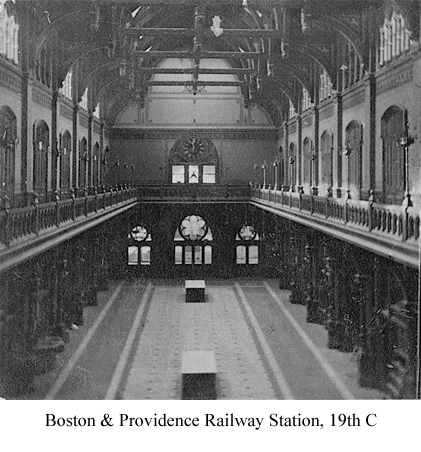 Thomas B Wales
Thomas B Wales
Thomas B Wales (2nd) was the eldest son of the senior Thomas Beale Wales (1776-1853).
Born in Boston in 1808, he died there in 1863. He married Maria Howe and had two sons. His only female child - Mary Anne Wales - was born to his second wife in 1835.
His father left him a considerable fortune, and in his 30s, he became President of the Thomas B Wales Company.
As one of the earliest entrants into railroad construction in Massachusetts, the Wales Company laid the tracks for the Boston-Providence Railroad, in the 1830s. The Company also entered the
American Clipper ship trade visiting harbors throughout Europe, India & Asia.
Thomas satisfied his civic duties as a member of the Boston City Council, Ward 10, becoming an Alderman in the 1840s. He was Proprietor #805 of the Boston Athenaeum.
A major contributor to FCB, he was a Chairman of the Standing Committee, & for many years a member of the Financial Committee.
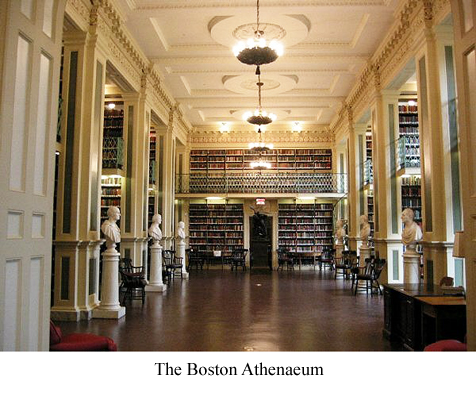
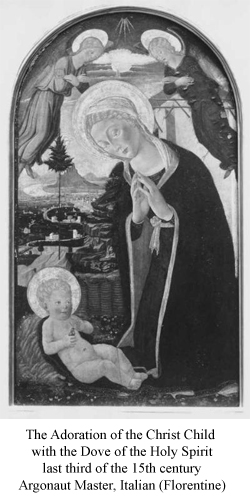
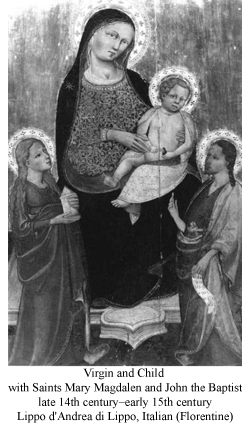
Mr and Mrs
George Washington Wales
G W Wales was a potent force in the religious, arts & cultural scene of ‘Elegant Boston.’
Life Membership in the Archaeological Institute of America
A Trustee of the Museum of Fine Arts, Boston.
Proprietor #804 & Trustee & Donor of the Boston Athenaeum.
At FCB, George Washington was a member of the Financial as well as many other Committees.
Mr & Mrs G W Wales were “pioneer collectors of ceramics from many countries and periods which included some very fine examples of English porcelain Chelsea figures of the eighteenth century.”
Their gifts & bequests to the Museum of Fine Arts, Boston were a contribution of $5000 in 1889, and between 1895 & 1903, 2,234 pieces of pottery, earthenware, porcelain & paintings.
Sixteen works of art are presently on view.
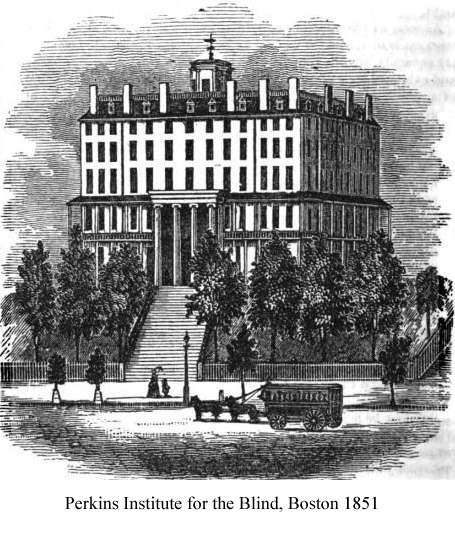 Miss Mary Anne Wales
Miss Mary Anne Wales
Miss Mary Anne Wales was the only daughter of the late Thomas B Wales by his second wife, Miss Abby Frothingham, the daughter of Rev. Nathaniel Langdon Frothingham.
Both families had long been connected with the First Church in Boston where in 1835, Mary Anne was baptized, later becoming prominent in the charitable work of its Society. In 1872, Miss Wales was voted to be the first female member of the Church’s Committee on Charity & Donations & the Committee to raise subscriptions to retire the debt of the new Church building in the Back Bay in 1868. Her contribution was $5,000. Miss Wales was Proprietor #811 of the Boston Athenaeum.
Well known throughout Boston for her benevolent work, she donated to & worked at the Perkins Institute for the Blind, where “she was truly beloved & highly appreciated for her wise liberality, benevolent activity & benignant ministries.”
She gave freely of her large wealth, to Harvard Divinity School, the Museum of Fine Arts, & to the Boston Dispensary of Massachusetts General Hospital. At the Hospital, she was a major force in developing a professional nursing program.
She devoted much of her time personally in teaching poor members of her own sex, it being her custom each year to select some of the brightest & most promising of her pupils & have them thoroughly taught in self-supporting work, particularly the possibility of becoming a professional nurse at Massachusetts General Hospital.
She died of paralysis at her residence on Brimmer Street, Boston, in 1893 at the age of fifty-eight.
The Text of the First Church Boston Memorial:
Gloria Tibi Domine In grateful memory of Mary Anne Wales. Born 1834; died 1893.
Ready to every good work in the service of God and for the help of man.
A loyal member of this church, she devoted herself and her substance to its maintenance.
The servant of Christ doing the will of God from the heart. [Erected by a friend, 1904.]
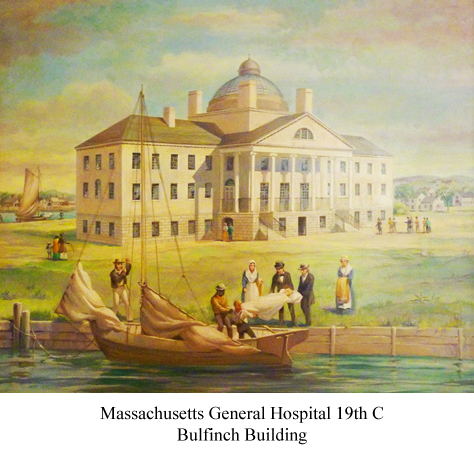
The Progression of Child Welfare in Boston
First Church Boston played a significant role in creating the first orphanage in the city, the Boston Female Asylum. Opened in 1800 as a refuge for indigent female children, the institution was incorporated in 1803. Hannah Stillman, the first director, with her ‘lady managers’ had included Hannah Smith, Mary Gray & Elizabeth Dorr, all of FCB, as founding members of the Board. A typical practice would have a girl put out to families as an ‘indentured servant.’
In 1844, the new Director of the renamed Female Orphan Asylum had this statement recorded in the FCB records by the Secretary of the Asylum who was herself, a member of the FCB:
“At this annual meeting, the circumstances which have, during the past year, withdrawn the orphan family from attendance at the Chauncy Place Church (FCB), the members of this Board feel that they have a long standing debt of gratitude to acknowledge to the First Church Society for [letting us] worship in your place, [and] for the liberal accommodation, first generously offered in 1820, and which has been for twenty-four years accorded to our organization..
For this and for the unceasing kindness of the Minister of the First Church, [Nathaniel Langdon Frothingham], his ready and most acceptable services on all the many occasions for which they have been needed, the Managers of the Asylum feel that they can only inadequately express those thanks which, in behalf of the Society and the Orphans protected by it, you have most cordially offered your building and services. By Order - Abby L Wales, Secretary.”
Both Rev & Mrs. N L Frothingham had been supporters; Rev. Frothingham as Chaplain & Mrs. Frothingham as a Manager. The girls were brought to service at FCB on Sundays. Those who had not been were bapized. A library was prepared in a basement room of the Church.
By 1910, this organization had become the Boston Society for the Care of Girls. By 1923, a merger created the Children’s Aid Association; which in 1860 became the Boston Children’s Services.
The 50th anniversary of the Asylum [September, 1950] had also been celebrated at First Church Boston.
Now in the 2000s, consolidation of these several humanitarian institutions has created the Home for Little Wanderers as America’s oldest& continuing child & family service agency.